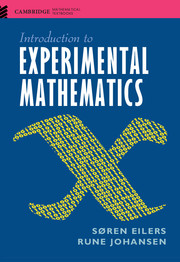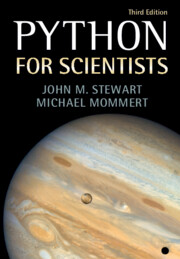Evaluating Derivatives
Algorithmic, or automatic, differentiation (AD) is concerned with the accurate and efficient evaluation of derivatives for functions defined by computer programs. No truncation errors are incurred, and the resulting numerical derivative values can be used for all scientific computations that are based on linear, quadratic, or even higher order approximations to nonlinear scalar or vector functions. In particular, AD has been applied to optimization, parameter identification, equation solving, the numerical integration of differential equations, and combinations thereof. Apart from quantifying sensitivities numerically, AD techniques can also provide structural information, e.g., sparsity pattern and generic rank of Jacobian matrices.
Product details
April 2000Paperback
9780898714517
390 pages
254 × 176 × 18 mm
0.684kg
This item is not supplied by Cambridge University Press in your region. Please contact Soc for Industrial & Applied Mathematics for availability.
Table of Contents
- Preface
- Prologue
- Introduction
- Part I. Tangents and Gradients. A Framework for Evaluating Functions
- Fundamentals of Forward and Reverse
- Repeating and Extending Reverse
- Implementation and Software
- Part II. Jacobians and Hessians. Sparse Forward and Reverse
- Exploiting Sparsity by Compression
- Going Beyond Forward and Reverse
- Observations on Efficiency
- Part III. Advances and Reversals. Taylor and Tensor Coefficients
- Differentiation without Differentiability
- Serial and Parallel Reversal Schedules
- Bibliography
- Index.









